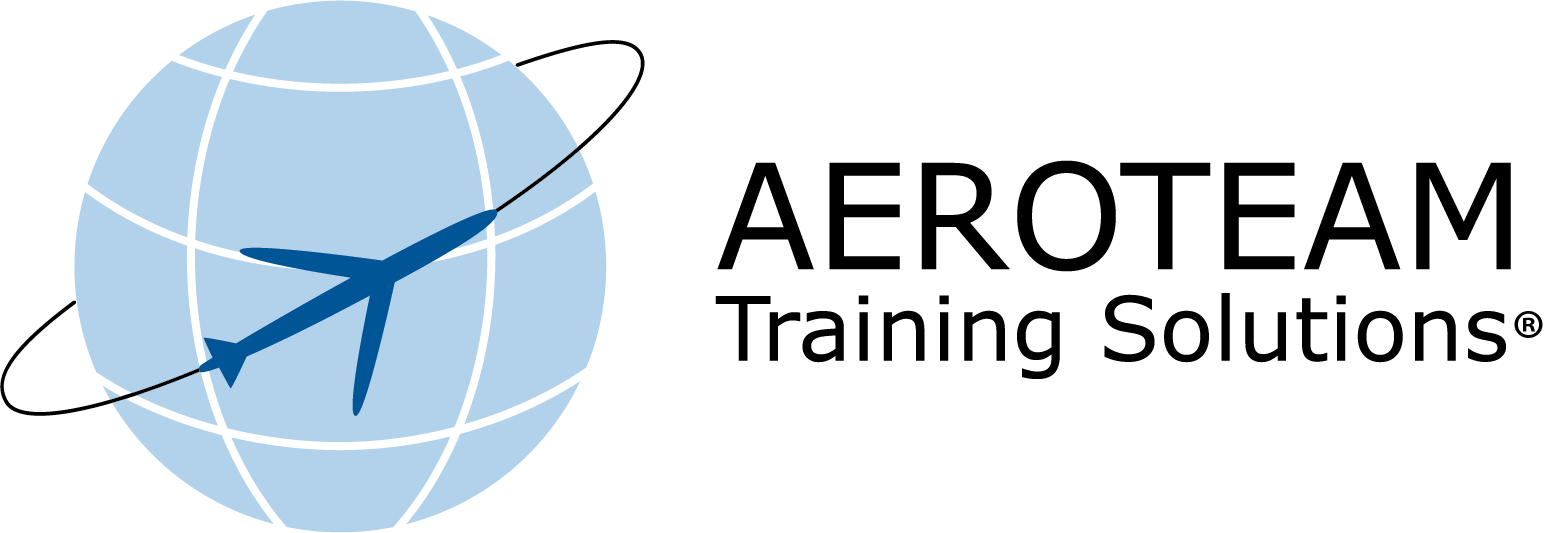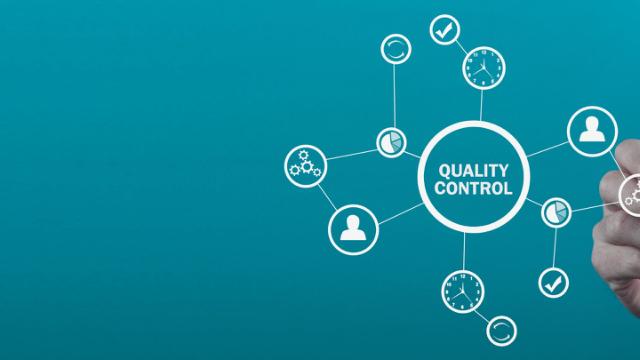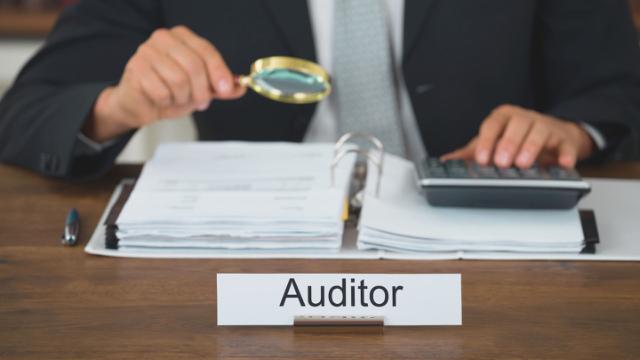
Auditing: Through the Eyes of an Auditor
The foremost task of an auditor is to ensure safety, compliance, and efficiency within the organisation. Still, many auditors encounter headshaking and unsettling discoveries when performing audits – internally and externally.
Aviation is an industry whose success is contingent upon safety and efficiency. To ensure this, many organisations employ auditors. They play a critical role in evaluating the organisation in terms of rules, regulations, best practice, and internal policies.
In this article, you will meet former Lead Auditor and current Safety Manager Flemming Skourup for a talk about auditing. Through the eyes of an auditor.
Expertise and Technical Know-How
As a lead auditor, Flemming Skourup helped identify potential risks, deficiencies, and areas of improvement in the operational environment. A job which required extensive expertise, vast technical knowledge, and insights into industry best practices.
Although many people perceive the auditor as the guy writing findings of non-conformity, the job is essentially about verifying compliance. I remember one instance where a corporation wanted to merge with a small company. A thorough audit documented that the merger could easily be performed, as the company was already in compliance with all the required standards.
Another important task of the auditor is to ensure that the audit is value-adding.
Often the auditee will ask the auditor: "How should I do this job in order to be compliant?" The auditor would never not answer the question, but there is more to it. The auditor possesses thorough knowledge about the subject. Therefore, he or she could explain the regulations, highlight potential problems, and suggest a way forward. This could enable the auditee to find the solution which adds value to their organisation.

A Minor Infraction or a Repeat Offence?
Essentially, auditors play a crucial role in identifying, reporting, and assessing risks and hazards which pose a threat to the operational environment. Their efforts contribute to a safer, more efficient, and compliant organisation.
But what happens when organisations intentionally deviate from procedures, policies, and regulations? Not once. Not twice. But consistently.
As a Lead Auditor, Flemming Skourup has encountered intentional, and unsafe, deviations from standard procedures.
I remember one case in which an organisation, unbeknownst to the Accountable Manager, had disregarded the formal process of handling PIREP. Instead of managing pilot reports in a computer system, the pilots would informally report defects to the engineers, who in turn rectified the defects without documenting the maintenance actions. This violation was only uncovered because of the independent auditor performing an audit on site.
Auditing is something which every organisation should allocate resources to – as it ensures compliance and reflects transparency and efficiency – internally and externally.
However, if you need a splash more of persuasion to realise that auditors constitute an indispensable asset to your organisation, we have listed six compelling reasons why you should show more gratitude towards your assigned auditor next time you encounter him or her at the coffee machine.
Auditors help:
- Ensure safety and quality – they assess hazards and risks in the operation to reduce costs and streamline processes.
- Ensure compliance and quality – they assess operations and quality in the entire value chain from maintenance to training.
- Manage risk – they identify and assess safety risks and hazards for improvement.
- Review documentation – they know the rules and regulations like the back of their hands and make sure to keep up to date.
- Drive improvement – they provide valuable feedback and recommendations which improve safety on all levels of the organisation.
- Report findings – they write detailed reports for management and help create a mindset which encourages reporting.
Do you have any specific training needs?
Our auditor training enables auditors to work with objective evidence through observations and interviews, particularly in the areas of SMS and quality control.
Sign up for our 2-day auditor training course.



